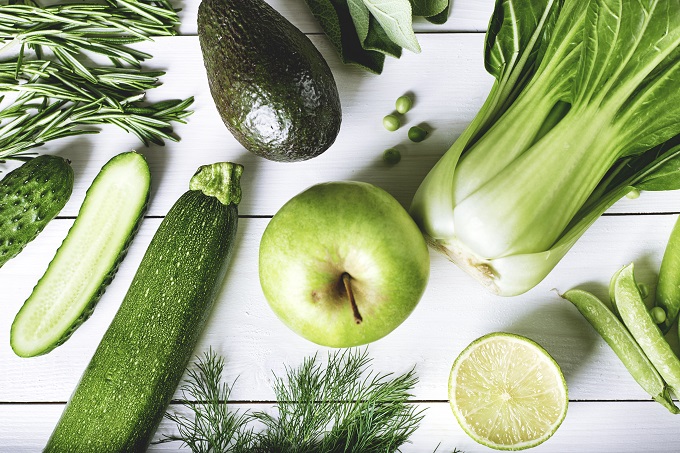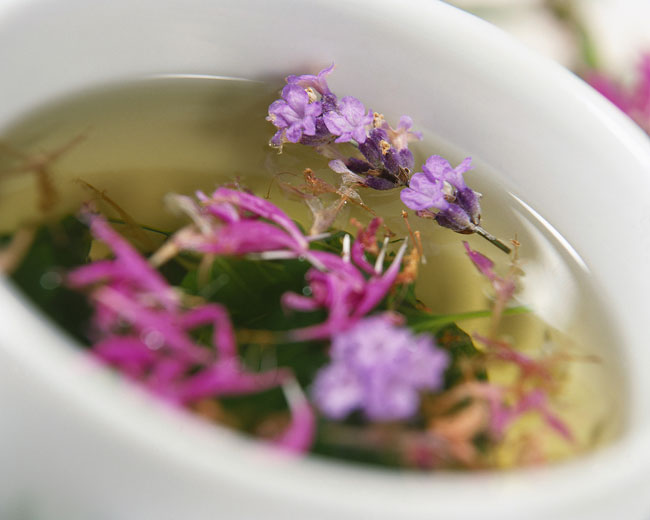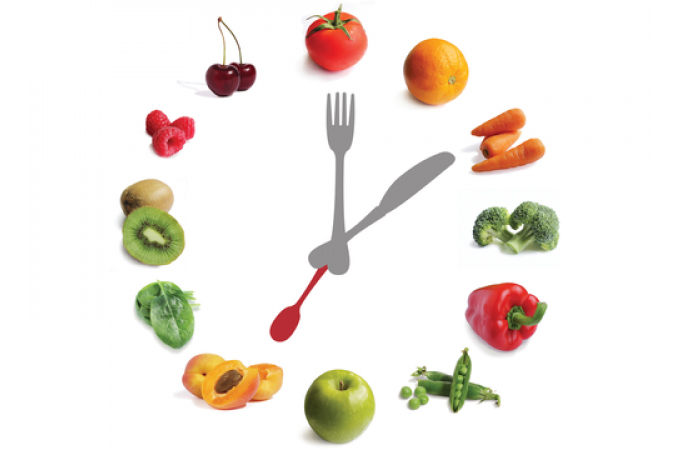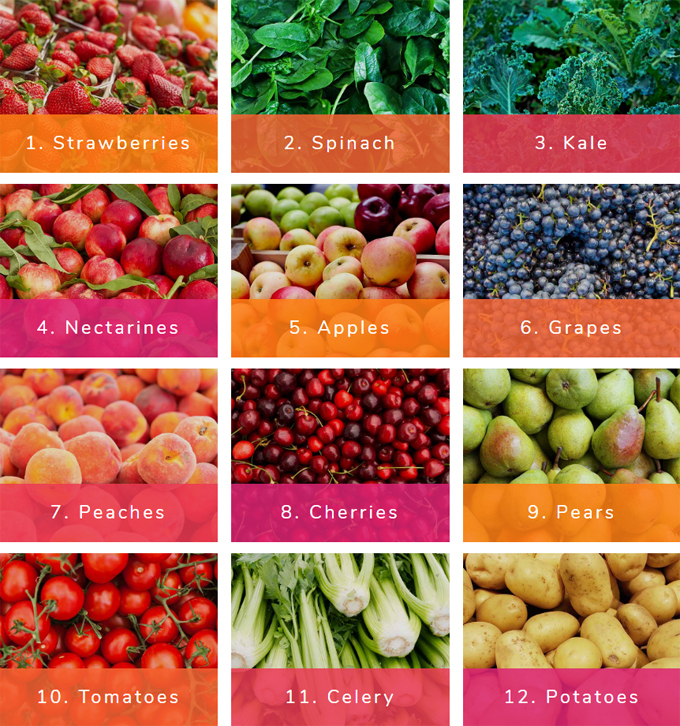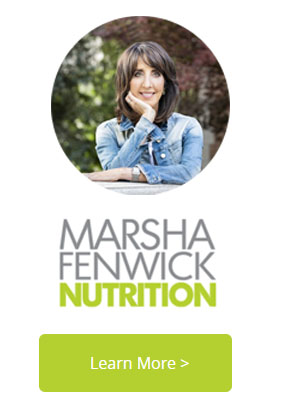Think Green for Breast Cancer Awareness Month
It’s October already and for many that means autumn leaves are falling, pumpkin spice lattes and cookies or pink ribbons as it’s Breast Cancer Awareness Month. Over the years, I have seen friends, family and dear clients who have been diagnosed with this disease. As a Cancer Coach, I have had the priviledge to support individuals going through treatments and surgery and through tears and fears. I wanted to acknowledge this important cause and disease and more importantly to empower others about what YOU can do to help strengthen your body and provide it with food as fuel.
Risk factors: What’s in our control and what is not
There are certain breast cancer risk factors that are beyond our control such as age (risk increases with age), gender (just being a woman), genetics (about 5-10% of cases are genetic), race (white women are at greater risk), and having dense breast tissue.
However, we can control other lifestyle factors associated with breast cancer risk including smoking, obesity, exercise, alcohol consumption, hormone replacement therapy and specifically NUTRITION.
I hope you will work towards incorporating some of these lean and green ideas to your daily meals to enjoy.
Going green to optimize your health!
1. Drink more green tea. The antioxidant polyphenols in green tea offer a number of protective benefits. Preliminary research shows that they may inhibit tumor cell growth and spread, induce cancer cell death, modulate immune function and protect cells against DNA damage.
Matcha green teas contain more of the powerful antioxidants. Choose organic teas and coffee to avoid ingestion of potentially harmful pesticides that are associated with cancer. For those not keen on drinking green tea, look for a supplement that provides green tea extract standardized to EGCG the key antioxidant attributed to the health benefits. To avoid any possible side effects associated with caffeine, look for a product that is decaffeinated.
2. Eat more cruciferous veggies such as brussels sprouts, broccoli, bok choy and cabbage. They contain sulforaphane, indole-3-carbinol and other compounds that have been shown to be protective against cancer development. Several large studies have found that higher intakes of cruciferous vegetables are associated with lower risk for some types of cancer. In a study published in the Annals of Oncology, researchers evaluated more than 12,000 individuals with different types of cancer and compared them with more than 11,000 healthy controls. Consumption of cruciferous vegetables at least once a week compared with occasional or no intake was associated with a significantly reduced risk of cancer of the pharynx, esophagus, colorectum, breast and kidney.
3. Load up on leafy greens such as spinach, kale, collards and mustard greens. These foods contain many vital vitamins such as folate, antioxidants such as lutein and zeaxanthin, and fiber. Research suggests that the antioxidants and nutrients in these foods can fight cellular damage and inhibit growth of cancer cells. The fiber acts to carry out toxins and aid with elimination. Spinach is great for smoothies and arugula works well in salads, collards greens for wraps and in soups in soups and add some bok choy to stir fries to increase nutrient density.
4. INTERMITTENT FASTING (IF) cycling between periohds of eating and fasting
Population studies have found that fasting for at least 12 to 14 hours each night, between dinner and breakfast, may reduce the risk of breast cancer recurrence.
IF lowers insulin and insulin growth factor levels, blood pressure, cholesterol, blood sugar and supports a healthy weight and appetite.
Please consult health practitioner before beginning any fasting routines
5. Please check out the Environmental Working Group for more information on how to keep your home green and clean and for recommendations on your skin care and cosmetics, as well as the Dirty Dozen and Clean Fifteen for fruit and vegetables.
Dirty Dozen 2019
Learn more about Marsha Fenwick’s Nutritional Cancer Support Services here. >
Marsha Fenwick, C.N.P. R.R.T.
Marsha is not your typical nutritionist. She began her career 20 years ago as a Registered Respiratory Therapist. Later, she earned her certifications as a Registered Nutritional Consultant Practitioner, Certified Nutritional Practitioner, and Registered Orthomolecular Health Practitioner. Marsha is also a Certified Cancer Coach. Her clinical practice specializes in: sustainable healthy weight loss, digestive health, women's hormones, diabetes, heart health, and cancer prevention and recovery. For more information and to book a FREE 15 minute consultation go to www.marshafenwicknutrition.com


